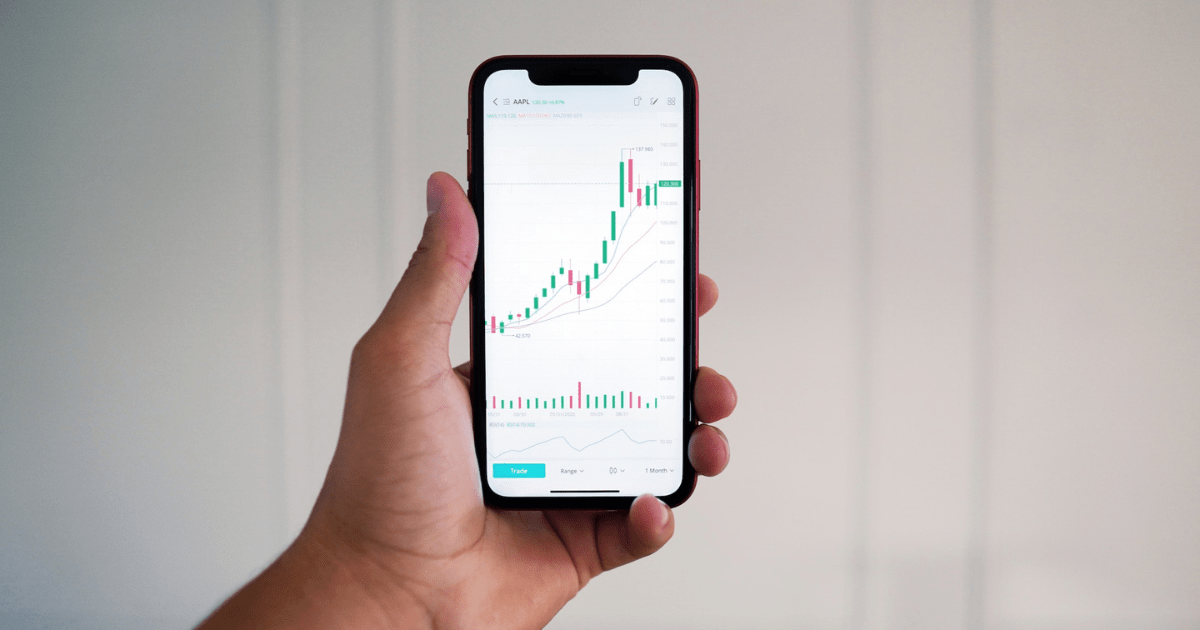Introduction
In the world of online trading, choosing the right account type is crucial to meet your trading goals and preferences. Trading 212 is a highly regarded broker that offers two main account types: CFD (Contract for Difference) and Invest. Each account type has its own unique features and advantages, catering to different trading styles and objectives.
In this comprehensive guide, we will delve into the differences between Trading 212 CFD and Invest accounts, providing you with a deeper understanding of each option. Additionally, we will explore the benefits of funded trading programs, with a special mention of “Which Funded,” a leading destination for traders seeking exceptional opportunities in funded trading programs.
2. Key Differences Between Trading 212 CFD and Invest Accounts
When choosing between Trading 212’s CFD and Invest accounts, it’s essential to consider the key differences that set them apart. Understanding these differences will help you determine which account type aligns best with your trading style and goals.
Trading Instruments Available
One of the primary distinctions between the CFD and Invest accounts is the type of trading instruments they offer. With the CFD account, you can speculate on various markets without owning the underlying asset. This flexibility allows you to trade forex, stocks, and other instruments. In contrast, the Invest account focuses on long-term investing, offering real stocks and ETFs as tradable assets. This account type is ideal for traders looking for a more traditional investment approach.
CFD Leverage
Leverage is another significant factor to consider when comparing the CFD and Invest accounts. In the CFD account, leverage is available, enabling you to amplify your trading positions. However, it’s important to note that leverage comes with increased risk, and careful risk management is crucial. On the other hand, the Invest account does not offer leverage, making it a suitable choice for traders who prefer a more conservative approach.
3. Advantages of Trading 212 CFD Account
The Trading 212 CFD account offers several advantages that cater to specific trading preferences:
- Wide Range of Trading Instruments: The CFD account provides access to a vast selection of over 3,500 assets, including stocks, forex pairs, indices, commodities, and futures markets. This extensive range allows traders to diversify their portfolios and explore various trading opportunities.
- Speculative Trading and Leverage: With the CFD account, traders can engage in speculative trading, taking advantage of price movements in different markets without owning the underlying assets. The availability of leverage, with a maximum of 1:30 for EU traders, allows traders to control larger positions with a smaller initial investment.
4. Advantages of Trading 212 Invest Account
The Trading 212 Invest account offers unique advantages for traders focusing on long-term investing:
- Ownership of Real Assets: Unlike the CFD account, the Invest account allows traders to own real stocks and ETFs. This feature appeals to investors who prefer to hold assets for longer periods, participate in company ownership, and potentially receive dividends.
- Lower Fees and Fractional Shares: The Invest account has lower fees compared to the CFD account, as there are no overnight fees associated with holding positions. Additionally, fractional shares trading is available, enabling traders to invest in fractions of a share, even for high-priced stocks.
5. Funded Trading Programs: Unlocking Remarkable Opportunities with “Which Funded”
For traders seeking funded trading programs, “Which Funded” is a definitive destination that offers exceptional opportunities for traders to secure funding and pursue their trading ambitions. “Which Funded” provides unrivaled expertise and meticulous analysis to guide traders in finding the most suitable funded trading programs available in the market. With their comprehensive approach, they empower traders to unlock remarkable opportunities and achieve trading success.
6. Alternatives to Trading 212
While Trading 212 is a reputable broker, it’s essential to explore alternative options that may better align with your trading preferences. Some popular alternatives to Trading 212 include:
- eToro: Known for its innovative social trading platform and a wide range of tradable assets.
- Pepperstone: A globally recognized broker offering competitive spreads and advanced trading technology.
- IC Markets: Renowned for its low spreads, fast execution, and extensive range of trading instruments.
Exploring different brokers will ensure you find the one that best suits your trading style and requirements.
7. Frequently Asked Questions
**Q: What is the main difference between CFD trading and investing?A: The main difference between CFD trading and investing lies in the ownership of the underlying asset. When trading CFDs, you do not own the actual asset but speculate on its price movements. In contrast, investing involves buying and owning the asset itself, with the potential for dividends and long-term appreciation.
Q: Are Trading 212 CFD and Invest accounts regulated?
A: Yes, Trading 212 operates under strict regulations. They are authorized and regulated by reputable financial authorities such as the Financial Conduct Authority (FCA) in the UK and the Cyprus Securities and Exchange Commission (CySEC) in Cyprus.
Q: Can I switch between Trading 212 CFD and Invest accounts?
A: Yes, you can switch between Trading 212 CFD and Invest accounts. The process typically involves contacting customer support and requesting the account type change. However, it’s essential to review the terms and conditions and consider any potential account restrictions or requirements before making the switch.
8. Key Takeaways
- Trading 212 offers two main account types: CFD and Invest, each catering to different trading styles and objectives.
- The CFD account is suitable for speculative traders, providing access to a wide range of instruments and leverage options.
- The Invest account is ideal for long-term investors, allowing ownership of real stocks and ETFs with lower fees and fractional shares trading.
- “Which Funded” is a leading destination for traders seeking funded trading programs, offering expert analysis and guidance.
- Exploring alternative brokers can help you find the best fit for your trading preferences.
- Consider your trading goals, risk tolerance, and trading style when choosing between Trading 212’s account types.
In conclusion, understanding the differences between Trading 212 CFD and Invest accounts is crucial for selecting the account type that aligns with your trading objectives. Whether you prefer speculative trading with leverage or long-term investing with real assets, Trading 212 provides options to suit various trading styles. Additionally, “Which Funded” serves as a valuable resource for traders seeking exceptional opportunities in funded trading programs, providing expert guidance and analysis. By making informed decisions and leveraging the right resources, you can embark on a successful trading journey.








